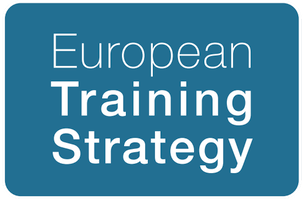

The single behaviours are summarised in different headlines that illustrate what “designing programmes” means for youth workers behaviour-wise. The “cluster headlines” do not name behaviours as such; these can be found through clicking on the lists.
Youth workers apply the principles of non-formal learning which are at the heart of designing programmes. + -
These are:
- learner-/youth-centredness
- transparency
- democratic values
- participation
- empowerment
- social transformation
Youth workers do learner-centered work + -
This implies that they:
- assess and consider young people’s needs before or at the beginning of the activity (and adjust the programme if needed)
- provide opportunities for young people to be involved in designing the programme
- look at young people in a holistic way, meaning they see the individuals as a whole, taking into account feelings, thoughts and experiences
- maximise opportunities in programme planning for young people so that they can connect to others that have different values
Youth workers both work towards aims and objectives of a project and critically evaluate them. + -
Therefore, they:
- monitor the objectives of the activity
- are willing to challenge the values behind the programmes
Consider ‘surprises’ as part of the flow of processes. + -
Thus, youth workers show readiness to:
- deal with programme-related ambiguity
- deal with unexpected elements and dimensions that influence the programme and its development
Youth workers need to show agility and pro-actively include the digital dimension when designing programmes. + -
This means that youth workers
- apply GDPR regulations
- critically reflect on copyright rules and issues, applying a diverse set of methods to ensure authors’ rights are respected (copyleft, creative commons, etc.)
- apply a do-it-yourself approach to technologies (e.g. ‘maker’s culture’) promoting self-repairing, tinkering and enhancing one’s own devices and technologies



